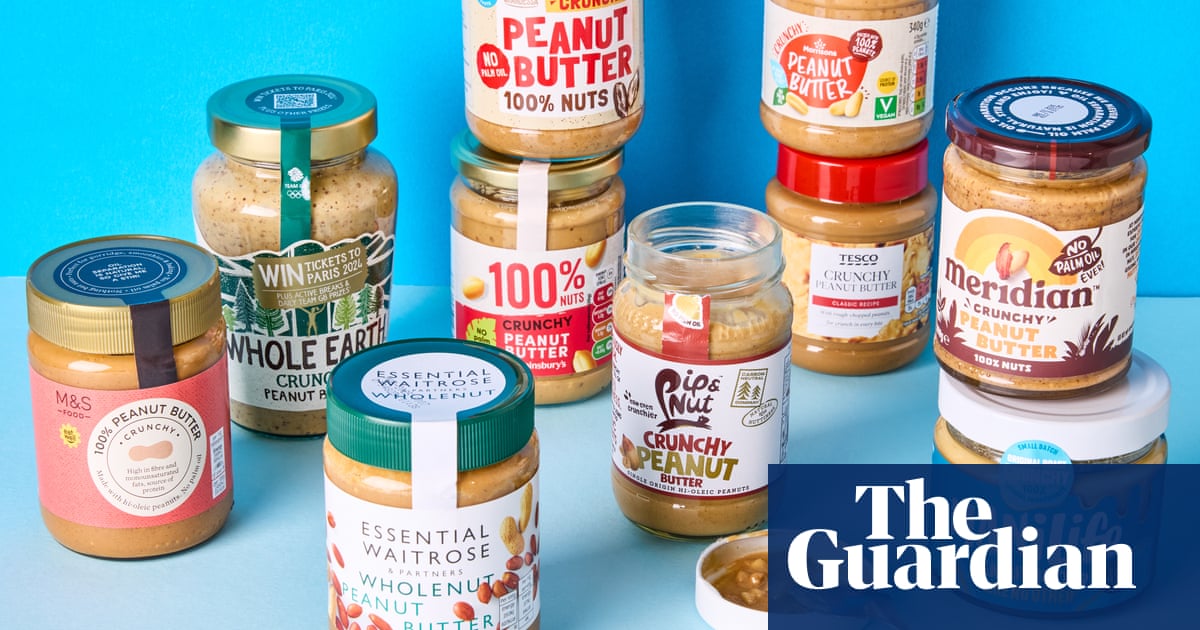“This is monumental,” said 19-year-old Kai Carter as she stood in line behind the White House where Kamala Harris was about to take the stage a week before the 5 November election.
Carter was ecstatic at the prospect of Harris making history as the first Black female president of the United States. She attended the event with a group of fellow students from Howard University, the historically Black college in Washington DC, which is also the the vice-president’s alma mater.
Born in the United States of an Indian mother and Jamaican father, Harris, the first female vice-president, is also potentially on the cusp of becoming the first Asian American president, as well the country’s first female president. Yet she is not making a big deal about it.
In her closing argument in Washington DC before of one of the most consequential elections in the country’s history, Harris did not refer to her gender or her race or how she may be breaking a glass ceiling. It’s not something she brings up often on the campaign trail, choosing instead to focus on her middle-class upbringing and how she hopes to be a president for “all Americans”.
Her central message that night was about Donald Trump as a threat to democracy. “This election is more than a choice between two parties and two different candidates. It is a choice about whether we have a country rooted in freedom for every American. Or one ruled by chaos and division.”
Unlike Hillary Clinton, who made gender a central part of her 2016 run for office, at a time of historic polarization Harris chose to focus on issues over identity. That is also how she chose to run her unusually short campaign of 13 weeks after an aging Biden finally passed her the mantle on 21 July.
Democrat Laurie Pohutsky, a state representative for Michigan, decided to run in 2022 after witnessing Trump’s misogynistic campaign against Hillary Clinton in 2016. Since then, she has introduced two key pieces of state legislation that lifted restrictions on abortion. In a phone interview from the swing state governed by Democrat Gretchen Whitmer, she said: “You know, we weren’t elected because we were women. And I think that when we frame it that way, we do a disservice to ourselves.”
She said she agrees with Harris’s choice not to focus on gender: “While it’s historic, it’s not what would make her a good president.”
“We’re long overdue for a female president,” she added. “But that’s not why I think people are voting for her. They’re voting for her because of her record and the work that she’s done and the things that she believes, versus what we know Donald Trump believes.”
Identity politics
In the face of misogyny and racism, it is Harris’s detractors who have attempted to use her identity against her. Republicans regularly mispronounce her name or call her a “DEI hire” by focusing on how different she looks different from those who preceded her and how she does not belong.
At the beginning of her campaign, Trump sought to steer the conversation towards race in an interview with the National Association of Black Journalists, questioning whether Harris is indeed Black. Many recognize these personal attacks as Trump’s hallmark. Their purpose is to undermine debate, take his opponent off script, stoke division and ultimately attract media attention.
Christina Reynolds, senior vice-president for communications for Emily’s List, a political action committee that backs pro-choice Democratic female candidates, including Harris, explains that women are often the butt of personal attacks whereas men are attacked for their policies. Reynolds has witnessed this first-hand after working on five presidential campaigns, including Hillary Clinton’s.
This is just one example of the double standards women and particularly women of color face to get to the top. Another is the pressure on women to be both likable and competent, whereas a man can be one or the other. Research by UC Berkeley’s Hass School of Business also shows that women in positions of power lose likability. This is particularly true of successful middle-aged women.
In 2016, Trump accused Clinton of being a “nasty woman” while male pundits told her to “smile” more. When Harris, a former prosecutor, successfully grilled Brett Kavanaugh in his confirmation hearing for the supreme court, Trump accused her too of being “nasty”.
A champion of women’s rights
Despite Harris’s attempts to detract attention from her gender and race, she has campaigned heavily on the issue of women’s rights. “She may not frame things in terms of her gender, but the first president or vice-president to invite abortion providers to the White House and to visit an abortion provider – both of those firsts were Kamala Harris,” Reynolds said.
The overturning of Roe v Wade by three Trump-appointed supreme court justices in 2022 placed women’s rights at the forefront of voters’ concerns. The right to abortion was a hard-fought battle that was won in 1973. A poll from May 2024 from the nonpartisan Pew Research Center suggested that 63% of Americans believed abortion should be legal in all or most cases. Harris’s campaign slogan organically became “We are not going back.”
after newsletter promotion
In perhaps one of the most moving moments of the Democratic national convention, three women were brought up on stage to tell their harrowing personal stories of being denied medical care in states where abortions are restricted.
At the closing rally in Washington DC, Harris suggested Trump could take things even further: “He would ban abortion nationwide, restrict access to birth control and put IVF at risk and force states to monitor women’s pregnancies,” she said.
Harris has also proposed policies to appeal to people – especially women – who need to care for parents and young children at the same time, known as the sandwich generation. She talks about how she had to care for her mother before she died of cancer in 2009, and she has talked about her plan to have Medicare pay for home healthcare.
Signs of progress
Harris is running for office in a divided country, with Trump threatening violence against his political opponents. “On day one, if elected, Donald Trump would walk into that office with an enemies list. When elected, I will walk in with a to-do list,” she said in DC last week to a crowd of more than 75,000 people.
And while in her closing argument the Democratic nominee made clear that she pledged to be a “president for all Americans” and “to always put country above party and above self”, at the same time Reynolds noted that “she has taken the communities that she has been a part of” and ensured that they “have a voice” and “that they are included in conversations”.
As Americans watched both Nancy Pelosi as speaker of the House and Harris as vice-president sitting behind Biden as he gave his first address to Congress in April 2021, they were reminded of how women are increasingly occupying positions of power. The numbers tell a similar story. According to data provided by the Center for American Women and Politics, in 2017 the US had 105 female members of Congress out of 535. Today the number has reached 150, including rising stars such as Alexandria Ocasio-Cortez and Jasmine Crockett.
“We still have a long way to go,” said Reynolds. But people no longer hear the word “candidate” “with the assumption that a candidate is a man”.
“And that’s progress,” she added.
At Harris’s closing address in Washington DC, Elaine Callahan, a self-described independent voter, felt compelled to back Harris in 2024: “It is historic. Yes!”
But as polls show Harris and Trump neck and neck in many swing states, she remembers what happened to Clinton back in 2016 and is prompted to “pray to God there will be a shift”.

.png) 2 months ago
17
2 months ago
17













































